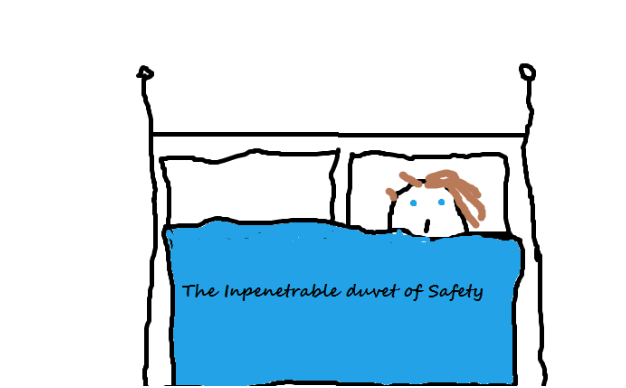We are thrilled to present this post from Lauren Vandal of Braingirl and Next Doors Cat
BY: LAUREN VANDAL

There is lots of help available through the NHS but this is where the joined up thinking loses its way. I’ve had to work for all the help I’ve received. There are gaps in service (which seems to be universal, not just an U.K. issue) which if handled correctly could make a huge difference to someone’s recovery. For example, I was discharged from the neuro ward with no information. None. At. All. I didn’t know what had happened to me, I didn’t know what was to come and I didn’t know of the resources available. I struggled with what I was going through until a rather clued in GP referred me to something called the Community Brain Injury Team and it was through them I could access everything I needed.


Filed under: Survivor Stories Tagged: Brain Girl and Next Doors Cat, Brain injury, Community Brain Injury Team, NHS, Northern Ireland, survivor story
![]()
Source: BIST Blog




